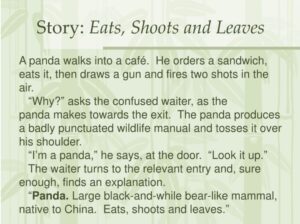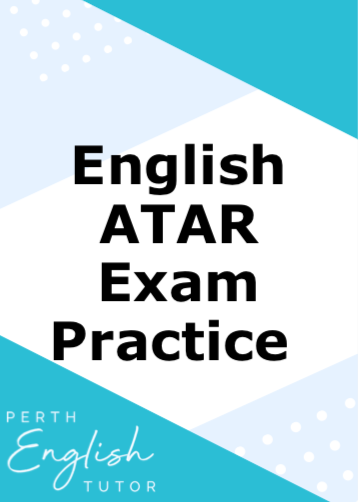The epic adventure of teaching your child to read can be a rollercoaster.
Sight words instruction is a fantastic way to support phonics instruction. Phonics assist students with reading in general, but English can be a tricky language to learn solely through phonics. Sight words allow a child to increase their familiarity with the high frequency words he will encounter most often when reading.
What are sight words?
Sight words are the words that appear the most in our reading and writing. These words might not have an “image” that accompanies them. They are high-frequency and must just be memorised to be understood. These words can be difficult for children to memorise if they are solely focused on phonetic awareness.
What are common sight words?
- a
- after
- again
- and
- at
- away
- because
- been
- before
- big
- boy
- by
- came
- come
- could
- dad
- didn’t
- do
- down
- for
- friend
- from
- gave
- get
- girl
- give
- goes
- good
- had
- have
- he
- her
- him
- his
- how
- I
- if
- in
- into
- is
- it
- like
- little
- looked
- love
- made
- make
- me
- mum
- my
- not
- of
- off
- on
- one
- our
- out
- over
- people
- play
- run
- said
- saw
- say
- school
- see
- she
- should
- so
- stayed
- that
- the
- their
- them
- then
- there
- they
- this
- to
- too
- upon
- two
- up
- us
- use
- very
- was
- we
- went
- were
- what
- when
- where
- which
- who
- why
- will
- with
- you
- your
How to support your child with their sight words
Learning words is not just about reading and saying them over and over again until they are committed to memory. Getting creative with sight words helps your child’s understanding and in turn, creates more fluency when reading.
Here are my top three activities for sight words.
1. Create a book
Using a program like Canva, you can create a custom book with your child where they can choose pictures that they associate with the word. This creates deep engagement with the words as they learn to associate the word with their book. I like this as a creative tool to really get your child thinking about seeing these words written.
2. Get handsy
Many children find it easier to learn kinesthetically rather than visually or through audio. A fun way to engage this sense is to have the child make the words using playdough or pipe cleaners.
3. Read every day
It may sound like a chore, but spending five minutes a day reading is going to pay off in dividends. Try some sight words books and see how your child is beginning to use these sight words more fluently.















